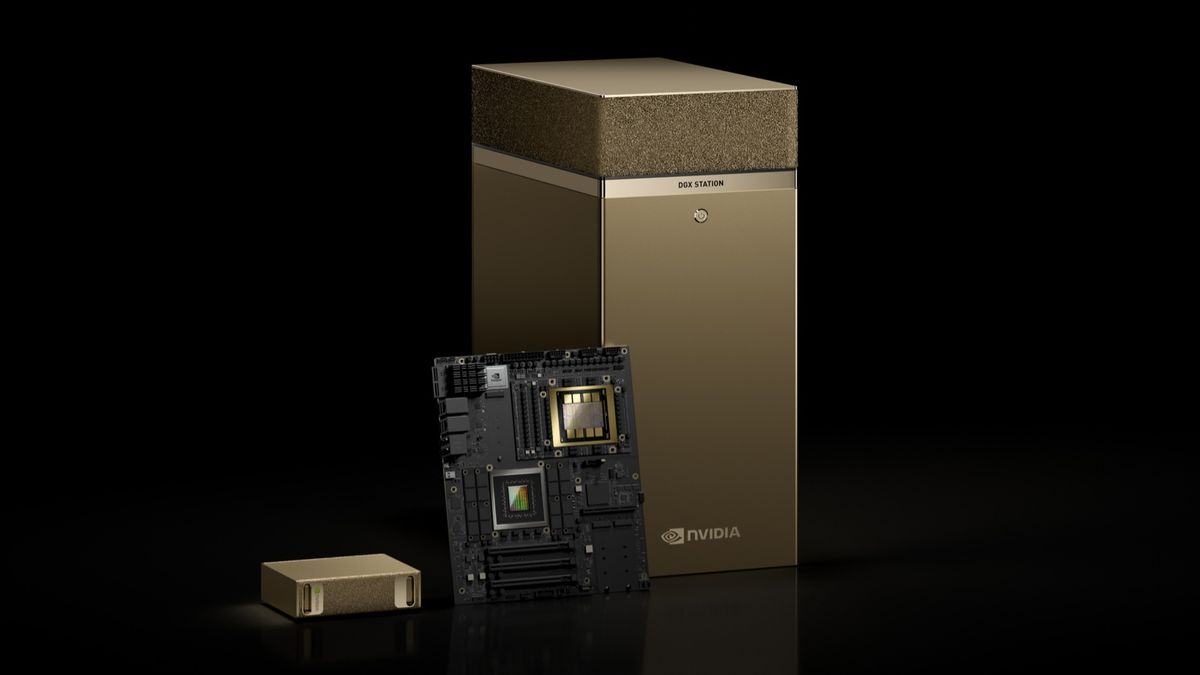Google's Tensor G5 Chip: Another Disappointment Brewing for Pixel 10 Enthusiasts?
Technology
2025-03-11 14:39:00Content

Google's highly anticipated Pixel 10 series is generating buzz in the tech world, with an intriguing twist in its technological evolution. The upcoming smartphones are slated to feature the Tensor G5 chipset, marking a significant milestone as the first processor in Google's lineup manufactured by TSMC, moving away from previous Samsung partnerships.
While tech enthusiasts might expect this semiconductor manufacturer change to herald groundbreaking performance improvements, insider whispers suggest a more nuanced narrative. Contrary to potential expectations of a dramatic performance leap, early rumors hint at a more measured progression in the Pixel 10's technological capabilities.
The shift to TSMC represents more than just a supplier change; it signals Google's strategic approach to chip development and potential optimization of its custom silicon. Tech followers and smartphone aficionados are keenly watching how this transition might influence the Pixel 10's overall performance and user experience.
As the launch window approaches, speculation continues to swirl around the potential implications of this chipset transformation. Google remains characteristically tight-lipped, leaving tech enthusiasts to parse through rumors and anticipate what the Pixel 10 series might ultimately deliver.
Google's Pixel 10: A Technological Crossroads in Mobile Innovation
In the ever-evolving landscape of smartphone technology, Google stands poised to make another significant leap forward with its upcoming Pixel 10 series. As the tech giant continues to push boundaries and challenge industry norms, the anticipation surrounding its next-generation mobile device grows with each passing moment.Breaking Barriers: The Future of Mobile Processing Power Unveiled
The TSMC Transition: A Pivotal Moment in Tensor Chip Development
The imminent arrival of the Tensor G5 chipset represents a watershed moment for Google's mobile processing technology. Unlike previous iterations developed in collaboration with Samsung, this new chipset marks a strategic shift to Taiwan Semiconductor Manufacturing Company (TSMC). This transition is not merely a change in manufacturing partners but potentially signals a profound transformation in the technological capabilities of Google's mobile devices. The move to TSMC carries significant implications for the smartphone industry. Renowned for their cutting-edge semiconductor manufacturing processes, TSMC brings a reputation for precision engineering and advanced technological capabilities. This partnership could potentially unlock new dimensions of performance, efficiency, and innovation that were previously constrained by Samsung's manufacturing limitations.Performance Expectations: Challenging the Conventional Narrative
Contrary to widespread expectations of dramatic performance improvements, industry whispers suggest a more nuanced technological evolution. The transition to TSMC does not automatically guarantee exponential performance gains, challenging the simplistic narrative of technological progression. Experts in the field speculate that the changes might be more subtle and strategic. The shift could represent a long-term architectural approach rather than an immediate, revolutionary leap in processing power. This measured approach reflects Google's sophisticated understanding of technological development, prioritizing sustainable innovation over short-term marketing spectacles.The Broader Implications for Mobile Technology
The Pixel 10's development represents more than just a new smartphone release. It symbolizes the ongoing technological dialogue between manufacturing partners, chip designers, and mobile device manufacturers. Each decision, from chip architecture to manufacturing process, contributes to a complex ecosystem of innovation. Google's strategic choices with the Tensor G5 chipset demonstrate a commitment to thoughtful technological progression. By carefully selecting manufacturing partners and potentially prioritizing efficiency and specialized AI capabilities over raw performance metrics, the company is redefining what consumers can expect from mobile processing technology.Consumer Expectations and Market Dynamics
As the smartphone market becomes increasingly saturated and competitive, manufacturers like Google must differentiate themselves through strategic innovations. The Tensor G5's development suggests a nuanced approach that goes beyond traditional performance benchmarks. Consumers can anticipate a device that potentially offers more refined user experiences, enhanced AI capabilities, and optimized energy efficiency. The subtle improvements might not translate into headline-grabbing benchmark scores but could manifest in more meaningful, day-to-day user interactions.Looking Beyond the Horizon: Google's Technological Vision
The Pixel 10 series and its Tensor G5 chipset represent more than a product launch. They embody Google's broader vision of technological innovation—a vision that prioritizes intelligent design, strategic partnerships, and a holistic approach to mobile computing. As the technology landscape continues to evolve, Google's measured approach with the Pixel 10 series suggests a deep understanding of the intricate balance between technological capability, user experience, and sustainable innovation.RELATED NEWS
Technology

Critical iOS 18.4 Update: What Every iPhone Owner Needs to Know Right Now
2025-04-01 12:23:02
Technology

Nvidia Unleashes Pocket-Sized Powerhouse: Mini Desktop Supercomputer Set to Revolutionize Computing
2025-04-05 13:00:00
Technology

Gears of War Breaks Platform Barriers: Unexpected PlayStation Debut Confirmed for Summer
2025-05-05 16:32:57





